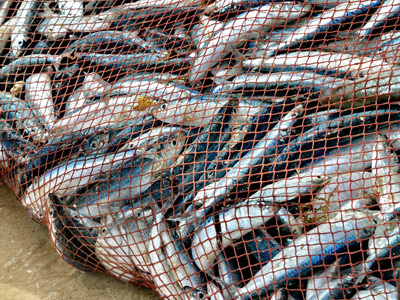

Species Extinction
Did you know that 99% of all species that ever lived are now extinct? Extinction is a natural process and usually around five species a year die out. However, we are currently undergoing a "mass extinction event". That's when 75% or more species die out over a short space of time. Hundreds, if not thousands, of species are dying out EVERY DAY. The reason for this? It's humans, of course. The damage we are doing to the environment is destroying our fellow Earthlings.
So, what exactly are we doing that is killing so many plants and animals? Quite a bit, is the answer. We are polluting our air, rivers and oceans; we're chopping down forests and draining swamps to make way for farms; we're hunting fish and other animals to the brink of extinction, and our cities are sprawling, removing the natural habitats of so many species.
So, what can be done to protect those species which haven't died out yet? As always, it's governments that can make the most difference. But we can all take action - even if it is just writing to our MPs to let them know how we feel.
If you enjoy questions on science, then you might want to try our KS3 Science section. 50 quizzes covering a large variety of topics learned at this stage in school.
A lack of natural predators means their population can grow quickly
Native species might be unable to defend themselves against the newcomers
Native species may struggle to compete for resources
Mining for fossil fuels and minerals
Deforestation
River dredging
Urbanisation
Filling in swamps and wetlands
Building river dams
These are just a few. Even something as apparently innocent as mowing fields destroys natural habitats
Ready for more?
not all...
quizzers. Try to win a coveted spot on our Hall of Fame Page.







444 million years ago, 86% of species were lost
375 million years ago, 75% of species were lost
251 million years ago, 96% of species were lost
200 million years ago, 80% of species were lost
And (most famously) 66 million years ago, 76% of species (including the dinosaurs) were lost
The current age is called the "Holocene extinction"